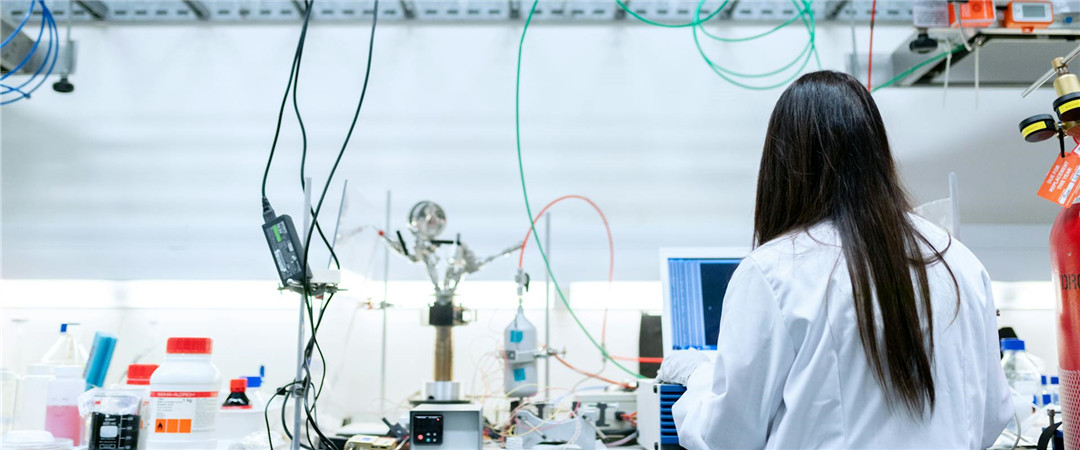[Q&A] Incentives and Rewards for Inventors of Service Patents
2025. 3. 28

Question: Can a company agree with an inventor of a service invention-creation on incentives and remuneration?
Answer: Article 15 of the "Patent Law of the People's Republic of China (2020 Amendment)" stipulates: "A company granted patent rights must give incentives to the inventor or designer of a service invention-creation. After the patent is implemented, the company shall provide reasonable remuneration to the inventor or designer based on the scope of application and the economic benefits obtained. The state encourages companies with granted patent rights to implement property rights incentives, adopting methods such as shares, options, and dividends, allowing inventors or designers to reasonably share the revenue from innovation."
Article 92 of the "Implementing Regulations of the Patent Law of the People's Republic of China (2023 Amendment)" specifies: "A company granted patent rights may agree with the inventor or designer on the methods and amounts of incentives and remuneration stipulated under Article 15 of the Patent Law, or include such provisions in its internal regulations formulated in accordance with the law. The state encourages companies to adopt property rights incentives, such as shares, options, and dividends, to enable inventors or designers to reasonably share the revenue generated from innovations."
Additionally, Article 44 of the "Law on Promoting the Transformation of Scientific and Technological Achievements of the People's Republic of China (2015 Amendment)" states: "After the transformation of service scientific and technological achievements, the company completing such achievements shall provide incentives and remuneration to personnel who have made significant contributions to the completion and transformation of these achievements. The company may establish or agree upon the methods, amounts, and timelines for incentives and remuneration with its scientific and technological personnel. The company must formulate relevant regulations after fully considering the opinions of its scientific and technical staff, and such regulations must be publicly disclosed within the company."
Based on the above provisions, China implements the "principle of agreement priority" concerning incentives and remuneration for inventors of service invention-creations. A company may agree with the inventor on the methods and amounts of incentives and remuneration or include such provisions in its internal regulations. The agreed or stipulated standards can be higher or lower than the statutory minimum standards. If a company adopts a internal regulations-based approach, it must fulfil democratic procedures, such as discussions and consultations with employees and the public announcement of the internal regulations, to ensure the legitimacy and compliance of the established internal regulations.
It is important to note that if the incentives and remuneration provided by the company to employees for service invention-creations are unreasonably low, disputes may arise. In such cases, the court may determine that the company's standards are too low and mandate an increase.
If a company has not agreed with the inventor or included provisions for incentives and remuneration in its internal regulations formulated according to the law, it must pay incentives and remuneration to the inventor based on the statutory standards outlined in the "Implementing Regulations of the Patent Law" and the "Law on Promoting the Transformation of Scientific and Technological Achievements." The specific standards are as follows:
1.If the company has neither an agreement with the inventor/designer nor provisions in its internal regulations formulated according to Article 15 of the Patent Law, it must pay incentives within three months from the date of public announcement of the granting of the patent right. The minimum incentive is 4,000 yuan per invention patent and 1,500 yuan per utility model or design patent.
2.For service scientific and technological achievements, if no agreement or provisions exist, the company must provide incentives and remuneration to the personnel who have made significant contributions to the completion and transformation of these achievements based on the following standards:
- Transfer or Licensing: At least 50% of the net income from the transfer or licensing of the service scientific and technological achievements.
- Investment Contributions: At least 50% of the equity or capital share formed through valuation-based contributions of these achievements.
- Self-Implementation or Implementation through Cooperation: Annually allocate at least 5% of the operating profits arising from the implementation of these achievements over three to five consecutive years after the transformation is successfully realized.